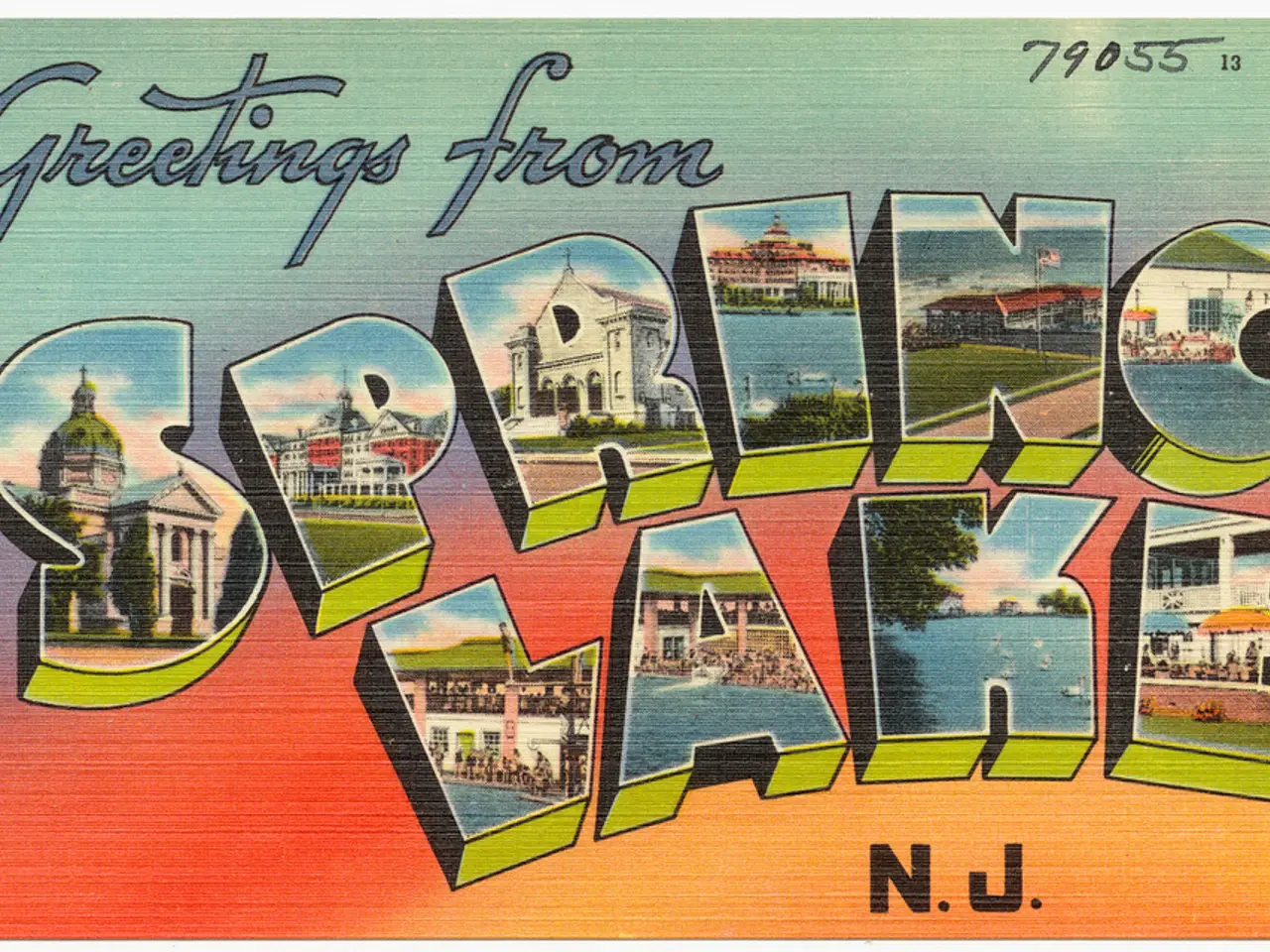International cooperation: UNDP teams up with an analytics company to amplify Article 6 credits in Africa
In an effort to bridge the significant funding gap facing Africa and meet 2030 targets, the continent is set to benefit from a new carbon data platform called CaDAP. Launched by the United Nations Development Programme (UNDP) and analytics company Sylvera, CaDAP aims to offer African nations access to Article 6 carbon credits [1].
The platform, which provides comprehensive carbon credit data, is designed to enable African governments to participate more effectively in carbon markets, particularly under Article 6 of the Paris Agreement. This is crucial as the continent holds immense potential for high-integrity carbon projects, but its carbon credits have often been undervalued due to limited access to reliable data and standardised rating mechanisms [2].
Ahunna Eziakonwa, assistant UN secretary general and director of UNDP Regional Bureau for Africa, emphasized the importance of credible, up-to-date, and comprehensive data for informed policy and investment decisions [3]. The data from the partnership is expected to inform policymaking decisions, contribute to host country's readiness, and foster more favourable regulatory environments.
However, challenges remain. Inconsistent or insufficient verification of carbon offset projects and the risk of greenwashing are key concerns [4]. The partnership aims to address these issues by providing robust data that ensures the integrity of carbon projects.
The merge of voluntary and compliance carbon credit markets is an emerging trend, driven by the desire for greater market integration, transparency, and efficiency to meet climate goals [5]. While these markets have distinct mechanisms and participants, there is growing movement towards their convergence, particularly in regions like Asia.
The global carbon credit market is projected to grow dramatically, from roughly USD 656.8 billion in 2024 to over USD 16 trillion by 2034 [6]. Companies like renewable energy leaders are investing heavily in emissions reduction and offset projects, fitting into this mixed market landscape.
Allister Furey, CEO of Sylvera, expressed that Africa has a critical role in the journey to net zero with the continent at the forefront of driving meaningful climate action [7]. The partnership between UNDP and Sylvera is a significant step in maximizing benefits from carbon markets for African countries.
It's important to note that the partnership does not directly address the controversy surrounding carbon credits in institutional portfolios after the SBTi row, nor does it address the carbon credit trade rules approved at COP29. Furthermore, the question of whether the voluntary and compliance carbon credit markets will merge remains unanswered.
However, with the launch of CaDAP, African government officials now have access to insights on over 21,000 carbon projects within their territories. This is a step in the right direction, according to Alex Godfrey, investment director of Natural Capital at Octopus Investments, who stated that Article 6 is a step in the right direction of bolstering governance structures and reducing risk for carbon credit investors in the global south [8].
References:
[1] UNDP and Sylvera Launch Carbon Data Platform for African Nations. (n.d.). Retrieved from https://www.undp.org/presscenter/news/undp-and-sylvera-launch-carbon-data-platform-african-nations
[2] Africa's Carbon Credits Undervalued Due to Limited Data and Standardised Rating Mechanisms. (n.d.). Retrieved from https://www.climatepolicyinitiative.org/blog/africas-carbon-credits-undervalued-due-limited-data-and-standardised-rating-mechanisms
[3] UNDP Committed to Utilization of Credible, Up-to-date, and Comprehensive Data for Informed Policy and Investment Decisions. (n.d.). Retrieved from https://www.undp.org/regional/africa/news/undp-committed-utilization-credible-up-date-and-comprehensive-data-informed-policy-and-investment-decisions
[4] Key Challenges in Carbon Offset Projects and the Risk of Greenwashing. (n.d.). Retrieved from https://www.undp.org/regional/africa/news/key-challenges-carbon-offset-projects-and-risk-greenwashing
[5] The Merge of Voluntary and Compliance Carbon Credit Markets: An Emerging Trend. (n.d.). Retrieved from https://www.climatepolicyinitiative.org/blog/merge-voluntary-compliance-carbon-credit-markets-emerging-trend
[6] Global Carbon Credit Market Projected to Grow Dramatically. (n.d.). Retrieved from https://www.bloomberg.com/news/articles/2021-11-08/global-carbon-credit-market-projected-to-grow-dramatically
[7] Africa Critical Role in Journey to Net Zero with Continent at Forefront of Climate Action. (n.d.). Retrieved from https://www.sylvera.io/news/africa-critical-role-in-journey-to-net-zero-with-continent-at-forefront-of-climate-action
[8] Article 6 a Step in the Right Direction for Carbon Credit Investors in Global South. (n.d.). Retrieved from https://www.octopusinvestments.com/news/article-6-a-step-in-the-right-direction-for-carbon-credit-investors-in-global-south/
The new carbon data platform, CaDAP, launched by UNDP and analytics company Sylvera, is designed to offer African governments access to Article 6 carbon credits. This comprehensive carbon credit data platform aims to enable African nations to participate more effectively in carbon markets, particularly under Article 6 of the Paris Agreement.
The partnership between UNDP and Sylvera is expected to inform policymaking decisions, contribute to host countries' readiness, and foster more favorable regulatory environments, helping to maximize benefits from carbon markets for African countries.




